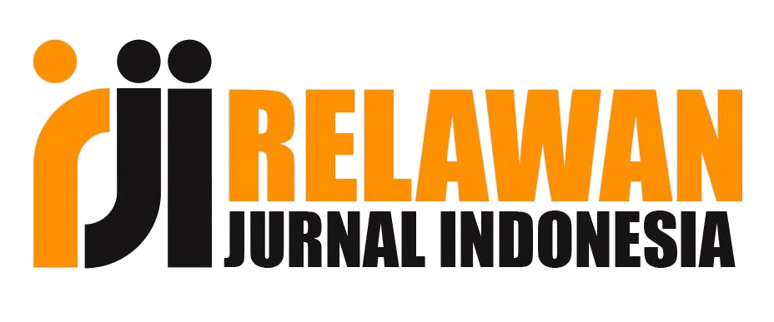Analysis of Human Development Index Indicators to Build Quality Human Resources
DOI:
https://doi.org/10.52250/bmr.v11i2.679Keywords:
Education, Health, Human Development Index, Human ResourcesAbstract
Quality human resources is one of the important elements to support economic growth because humans are the true wealth of the nation which humans not only act as actors in development programs but humans are the goal of development programs. Quality of human resources is represented by human development index. According to UNDP indicators of human development index are health, education and average length of schooling, as well as a measure that represents income. Therefore, the purpose of this study is to determine indicators that have a significant effect on the quality of human resources. This study used secondary data which was analyzed using correlation and regression analysis. Based on the analysis of the variables Life Expectancy, Years of School Expectation, the average length of schooling has an effect on the human development index while real spending per capita has no effect on the human development index at a significance level of 5%. In this regard, it can be said that health and education play a role in building quality human resources especially in Indonesia.














